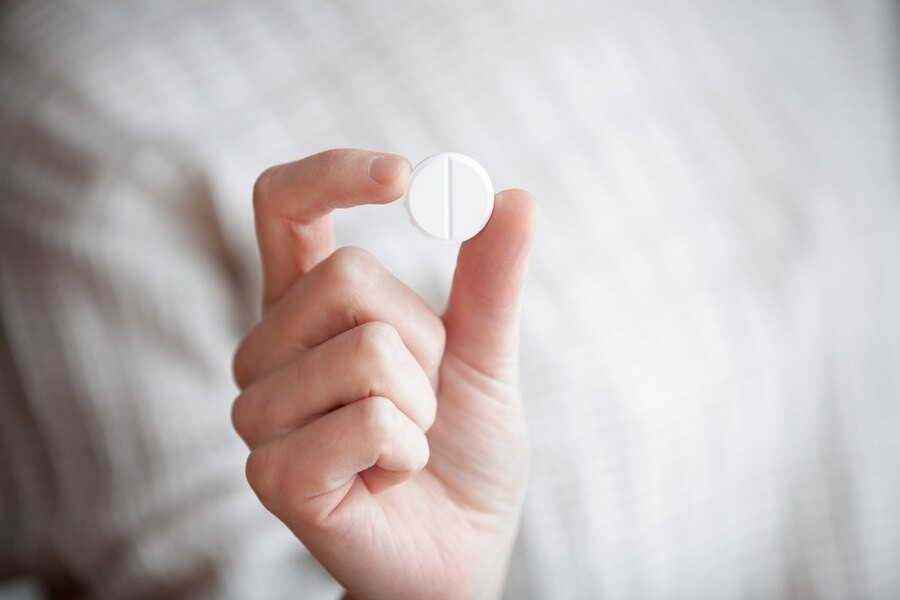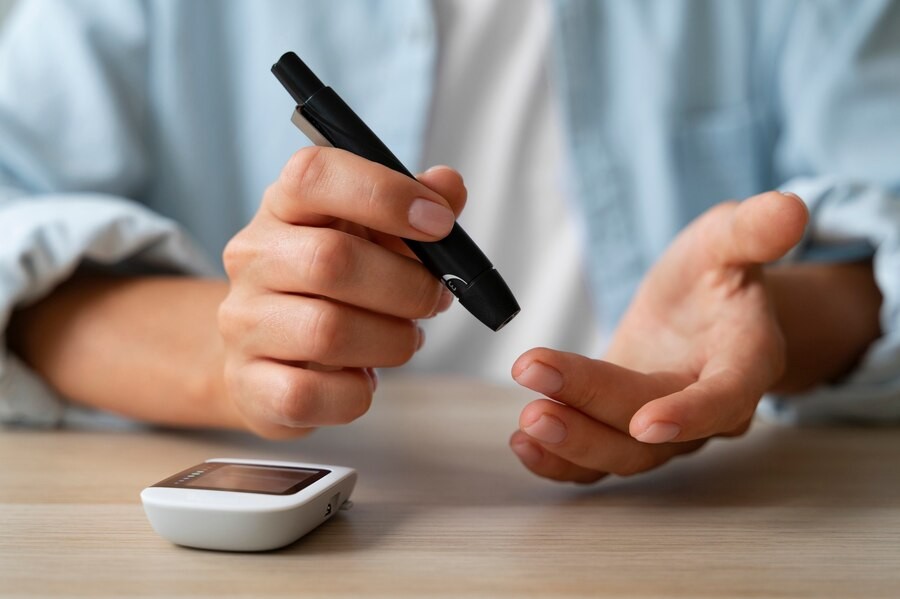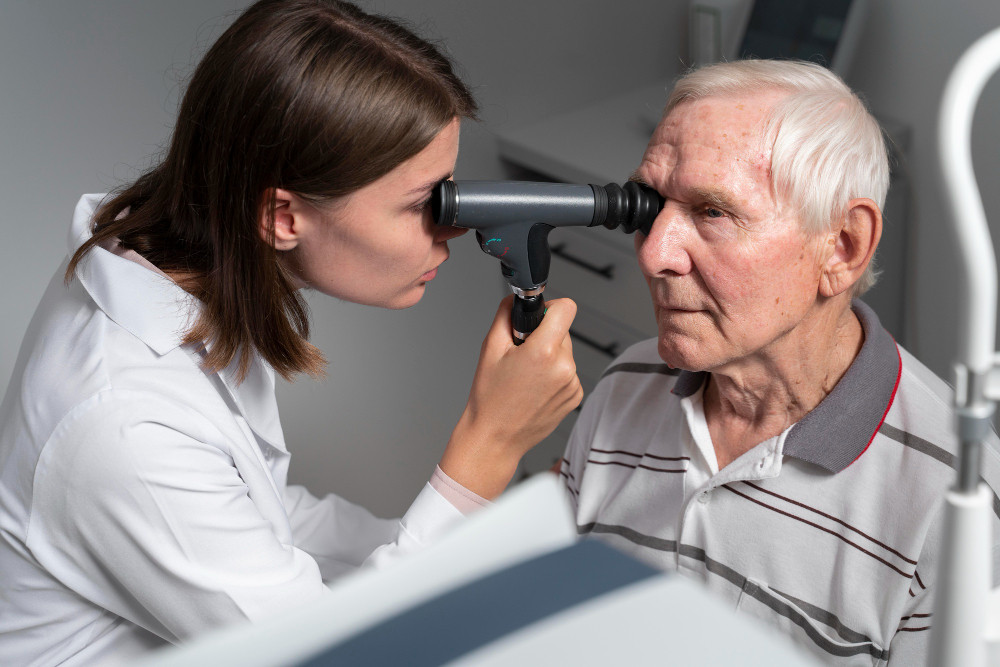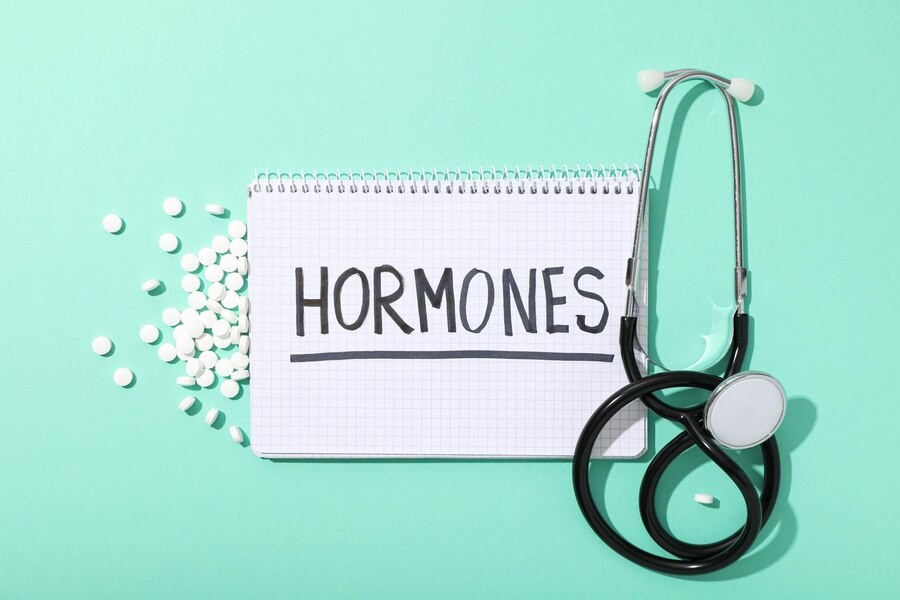Sweet beverages are popular among people of all ages, from children to adults. While they bring happiness when consumed, providing energy and enhancing cognitive abilities, it is important to be cautious. Habitual consumption of sweet beverages can increase the risk of diabetes and kidney failure, which can lead to dialysis.
The relationship between sweet beverages and kidney failures
Sweet beverages contain sweeteners in various forms, including brown sugar, corn sweeteners, corn syrup, dextrose, fructose, glucose, high-fructose corn syrup, honey, and sucrose. Drinking sweet beverages activates the brain's reward system, creating a sensation of pleasure. However, excessive consumption can lead to addiction.
According to the CDC, regular consumption of sweet beverages can lead to a variety of health risks and issues, including:
- Weight gain
- Obesity
- Type 2 diabetes
- Tooth decay
- Arthritis
- Chronic kidney disease
The habit of drinking sweet beverages can lead to diabetes or high blood sugar levels. Uncontrolled high blood sugar can damage various organs, including the kidneys, heart, and nervous system. Diabetes can damage the kidneys through several mechanisms:
- Damaging blood vessels in the kidneys: The kidney's filtering units are filled with small blood vessels. High blood sugar levels can cause these blood vessels to narrow and clog. Without sufficient blood flow, the kidneys become damaged and cannot filter blood optimally.
- Damaging bladder nerves: High blood sugar levels can damage nerves in the body, including bladder nerves. If bladder nerves are damaged, you may not be able to feel when your bladder is full. The pressure from a full bladder can damage your kidneys.
- Triggering urinary tract infections: Urine that remains in the bladder for a long time can trigger urinary tract infections. Bacteria causing urinary tract infections can spread to the kidneys, causing kidney infections.
Severe kidney damage can result in chronic kidney disease or kidney failure, where the kidneys cannot filter blood optimally. Late-stage chronic kidney disease can lead to a dangerous buildup of fluid, electrolytes, and waste in the body.
Early stages of chronic kidney disease often show no symptoms. You may not realize you have kidney disease until it has progressed significantly.
Treatment for chronic kidney disease focuses on slowing the progression of kidney damage. To reduce the workload on the kidneys, doctors may recommend lifestyle changes, medication, or dialysis therapy. In severe cases, chronic kidney disease can progress to end-stage renal failure, requiring a kidney transplant.
Can chronic kidney disease be prevented?
Kidney diseases generally do not show symptoms in their early stages. Regular health check-ups can help prevent chronic kidney disease by detecting kidney damage risks early on. Aside from routine health check-ups, prevention can be accomplished by:
- Controlling blood pressure
- Managing blood sugar levels if you have diabetes
- Eating a balanced diet
- Quitting smoking or using tobacco
- Exercising regularly for at least 150 minutes per week
- Maintaining a healthy weight
- Avoiding beverages that can harm the kidneys, such as sweet and alcoholic drinks
- Not taking painkillers beyond the doctor's recommendation
Drinking too many sweet beverages can lead to various health issues, including tooth decay, obesity, diabetes, and kidney failure requiring dialysis. To reduce risks, limit sweet beverages to 4 tablespoons of sugar (50 g) per day. If you experience health problems due to sugar consumption, consult a doctor.
If you need medical advice or consultation, you can either visit a doctor or make use of the consultation features that are available in the Ai Care application by downloading the Ai Care application from the App Store or Play Store.
Looking for more tips and health tricks, first aid, and home remedies? Click here!
- dr Nadia Opmalina
Heo GYKoh HBPark JT, et al., Sweetened Beverage Intake and Incidents of Chronic Kidney Disease in the UK Biobank Study. JAMA Netw Open. 2024;7(2):e2356885. doi:10.1001/jamanetworkopen.2023.56885
National Kidney Foundation. Diabetes and Kidney Disease (Stages 1–4). Available from: https://www.kidney.org/atoz/content/Diabetes-and-Kidney-Disease-Stages1-4#
Raman, R. (2023). 5 Foods to Avoid with Kidney Disease and Diabetes. Available from: https://www.healthline.com/nutrition/foods-to-avoid-with-kidney-disease-and-diabetes
National Kidney Foundation. Ask the Dietitian: Is sugar bad for my kidneys?. Available from: https://www.nkfi.org/post/ask-the-dietitian-is-sugar-bad-for-my-kidneys
Mayo Clinic: Chronic Kidney Disease. Available from: https://www.mayoclinic.org/diseases-conditions/chronic-kidney-disease/symptoms-causes/syc-20354521
Health Direct. Kidney Failure. Available from: https://www.healthdirect.gov.au/kidney-failure#
Cleveland Clinic: Kidney Failure. Available from: https://my.clevelandclinic.org/health/diseases/17689-kidney-failure












